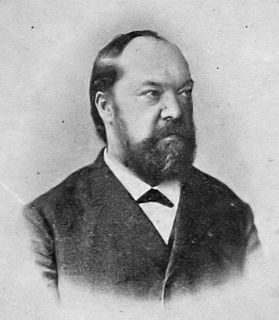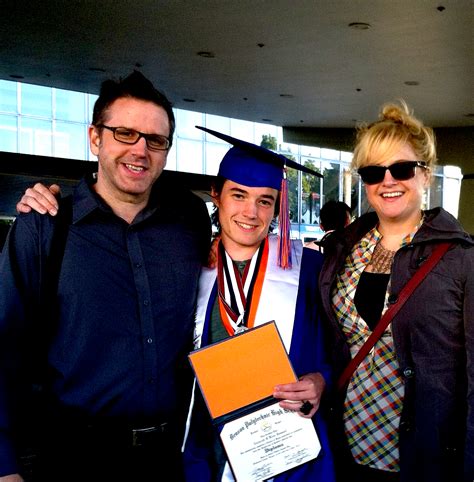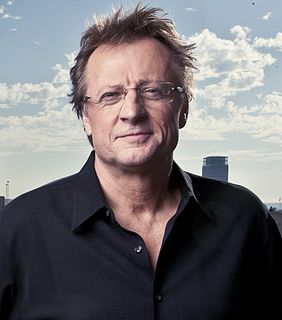A Quote by Francis Cornford
University printing presses exist, and are subsidised by the Government for the purpose of producing books which no one can read; and they are true to their high calling.
Quote Topics
Related Quotes
The coming of the printing press must have seemed as if it would turn the world upside down in the way it spread and, above all, democratized knowledge. Provide you could pay and read, what was on the shelves in the new bookshops was yours for the taking. The speed with which printing presses and their operators fanned out across Europe is extraordinary. From the single Mainz press of 1457, it took only twenty-three years to establish presses in 110 towns: 50 in Italy, 30 in Germany, 9 in France, 8 in Spain, 8 in Holland, 4 in England, and so on.
All that a university or final highest school. can do for us is still but what the first school began doing--teach us to read. We learn to read in various languages, in various sciences; we learn the alphabet and letters of all manner of books. But the place where we are to get knowledge, even theoretic knowledge, is the books themselves. It depends on what we read, after all manner of professors have done their best for us. The true university of these days is a collection of books.
What is the use of freedom of the press if the government is in possession of all the printing presses, what does freedom of assembly avail if all the meeting places belong to the government? In a society in which there is no more personal and economic freedom, even the freest form of the state cannot make political independence possible.
Stock dealers and banking companies, by the aid of a paper system, are enriching themselves to the ruin of our country, and swaying the government by their possession of the printing presses, which their wealth commands and by any other means, not always honorable to the character of our countrymen.
To read well, that is, to read true books in a true spirit, is a noble exercise, and one that will tax the reader more than any exercise which the customs of the day esteem. It requires a training such as the athletes underwent, the steady intention almost of the whole life to this object. Books must be read as deliberately and reservedly as they were written.
I have read many, many of these first-time published efforts and often, even though some are absolutely at pro levels of production, and have very costly printing and presentation, they lack a purpose, they merely emulate successful comics that already exist... I can't stress this enough. Have something to say.
The bank's product is debt, because the banks want to make sure that they can get paid for the debt. But ultimately the only party that can pay the debt is the government, because it runs the printing presses. So the debts ultimately either are paid by the government, or they're paid by a huge transfer of property from debtors to creditors - or, the debts are written off.
One of the stories I love is how Gutenberg’s printing press set off this interesting chain reaction, where all of a sudden people across Europe noticed for the first time that they were farsighted, and needed spectacles to read books (which they hadn’t really noticed before books became part of everyday life); which THEN created a market for lens makers, which then created pools of expertise in crafting lenses, which then led people to tinker with those lenses and invent the telescope and microscope, which then revolutionized science in countless ways.
They've been screaming about the death of literacy for years, but I think TV is the Gutenberg [printing] press. I think TV is the only thing that keeps us vaguely in democracy even if it's in the hands of the corporate culture. If you're an artist you write in your time. Moaning about the fact that maybe people read more books a hundred years ago - that's not true. I think the same percentage has always read.
The Patriot Act allows Federal agents to look at public and university library patron circulation records, books checked out, magazines consulted, all subject to government scrutiny. There used to be a time in this country when we were worried whether our young people knew how to read. Now some in our government are more worried that government agents be able to find out what people are reading.







































